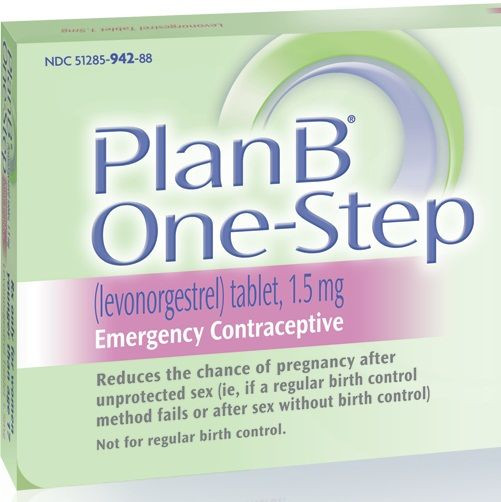New York City Schools Will Provide Morning After Pills to Teens as Young as 14

New York City's Department of Education is providing high schools girls as young as 14 with morning after pills and other birth control drugs.
Plan B emergency contraception, also known as the morning after pill, helps prevent pregnancy after unprotected sex or birth control failure.
NYC's DOE will be providing 13 high schools with the opportunity to provide contraceptives and dispense Plan B emergency contraception and other oral or injectable birth control. Contraceptives will be available to all high school adolescents as young as 14-years-old.
The accessibility of contraceptives and the morning after pill is made available under the new school program Connecting Adolescents to Comprehensive Health (CATCH). The program is aimed at reducing teen pregnancy. Under this program it will be the first time New York City high schools have supplied hormonal birth control and Plan B.
Under CATCH, contraceptives will be accessible to teenage girls without parental consent. Parents are allowed to opt out of the program following a school informational letter in regards to the program. The program launched in January of 2011 with just five schools. The program expanded to 14 schools; however Seward Park Educational Campus in Manhattan was removed because it did not have the resources to handle it, according to health officials.
City officials such as City Council Speaker Christine Quinn, believes this new initiative will be able to combat teen pregnancy.
"In New York City, over 7,000 young women become pregnant by age 17 - 90 percent of which are unplanned," Alexandra Waldhorn, a health department spokeswoman, told The New York Times. "We are committed to trying new approaches, like this pilot program in place since January 2011, to improve a situation that can have lifelong consequences."
Currently health officials say it is too early to tell whether or not the CATCH program has been effective. New York is one of 21 states and the District of Columbia that allow teens, under the age of 18, access to contraceptives.



























